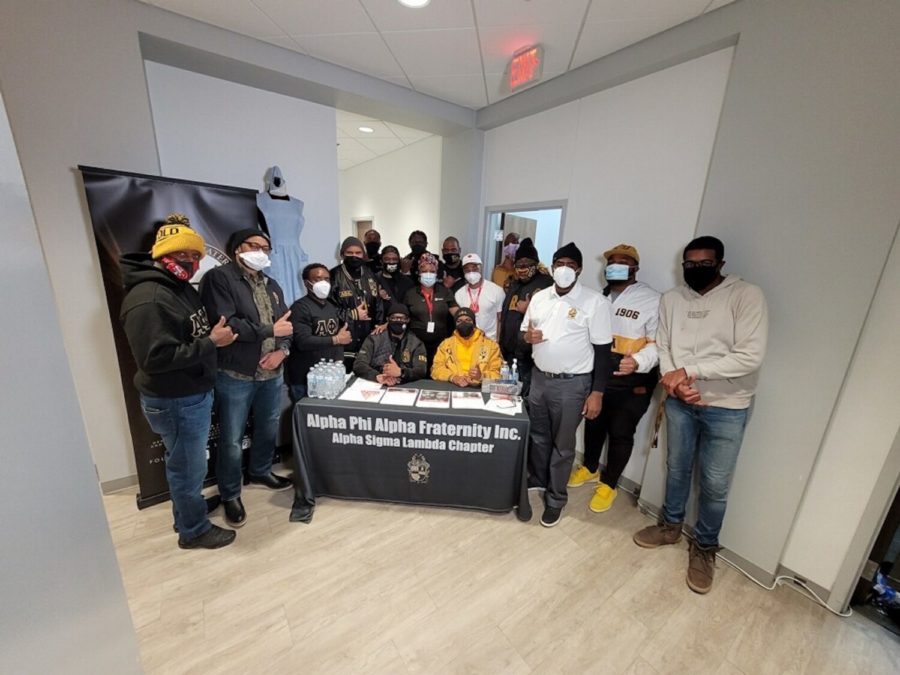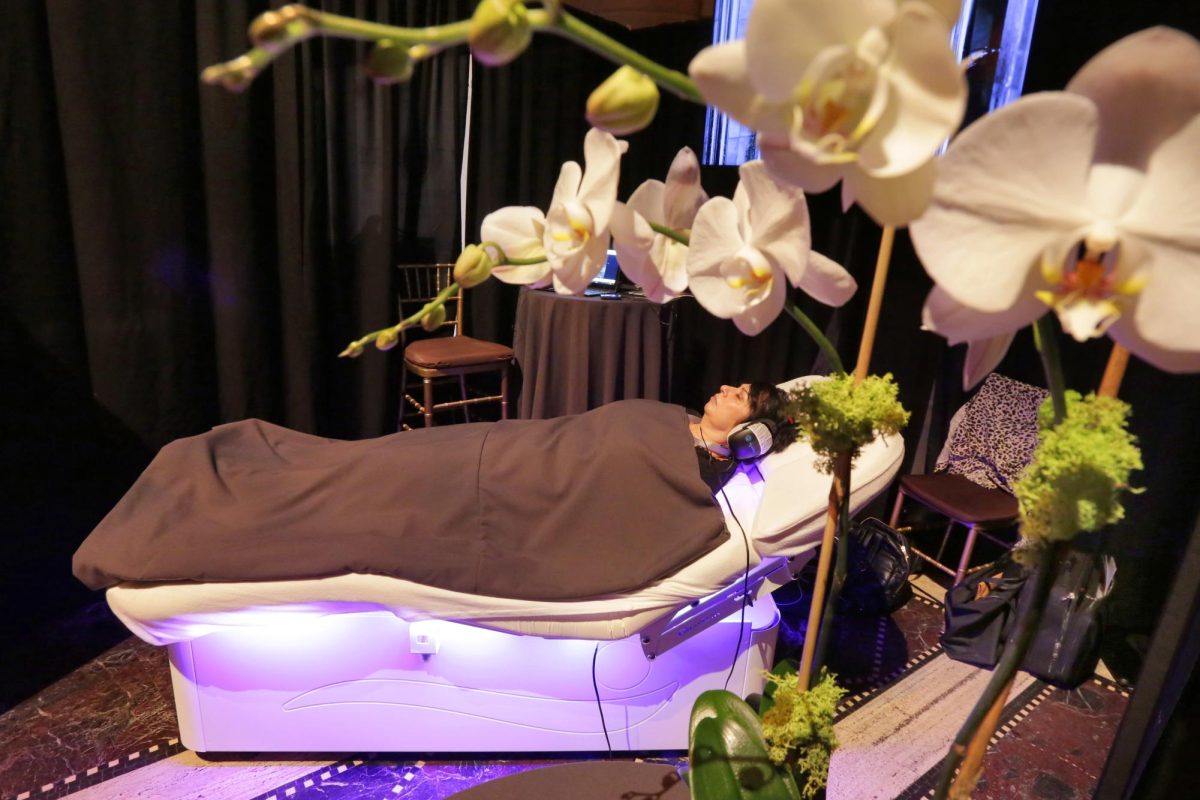The American Red Cross and North Texas Region Diversity, Equity, Inclusion Committee gave a lecture to the TCU community on the importance of donating blood to replenish a dwindling North Texas supply.
Members of the Alpha Phi Alpha fraternity hosted the event on Feb. 17 with the Red Cross and North Texas Region Diversity, Equity, Inclusion Committee.
These organizations encourage the community to not only donate blood — but diverse blood. Diversity in blood supply is important for people who need blood transfusions that are equally diverse and similar in heritage as the donor.
Blood supply is at the lowest it has been in the last decade due to COVID-19 and winter weather. This is worse for those who are in need of diverse blood transfusions, North Regional Cell Account Manager for the American Red Cross, Rena Witherspoon said.
“Those that have sickle cell disease have rigid and sickle-shaped blood cells,” Witherspoon said. “This causes problems when red blood cells circulate around the body due to the cells’ inability to hold more oxygen.”
Those suffering from sickle cell disease normally experience things like dizziness, fatigue and pain throughout the body. “Other problems caused by sickle cell disease are acute anemia, tissue, and organ damage, and even strokes,” Witherspoon said.
“The trait for sickle cells is autosomal recessive,” Executive Officer of the North Texas Region Diversity, Equity, Inclusion Committee and junior at TCU, Zach Rouseau said. Both parents must pass on the gene for their child to suffer from sickle cell disease, however, it only takes one parent to pass on the gene to their child.
Their goal is to encourage all people to donate blood but more specifically to help grow the number of African American donors. Witherspoon said, “African American donors are three times more likely to match the blood needed for sickle cell patients than those who are not of African descent.”
The best way to support their cause is to donate blood but also to educate and spread awareness about blood drives and sickle cell disease by volunteering and becoming a blood program leader (BLP) to help educate others.
The organizations are also giving incentives. “Everyone who donates blood will get a $20 amazon gift card within 30 days of your blood donation via email,” Witherspoon said. “Those who become a BPL will receive $200 for their time as well.”
“We need diversity in our blood supply,” Witherspoon said. “Our blood supply should match not the population, but the medical needs of the community.”










